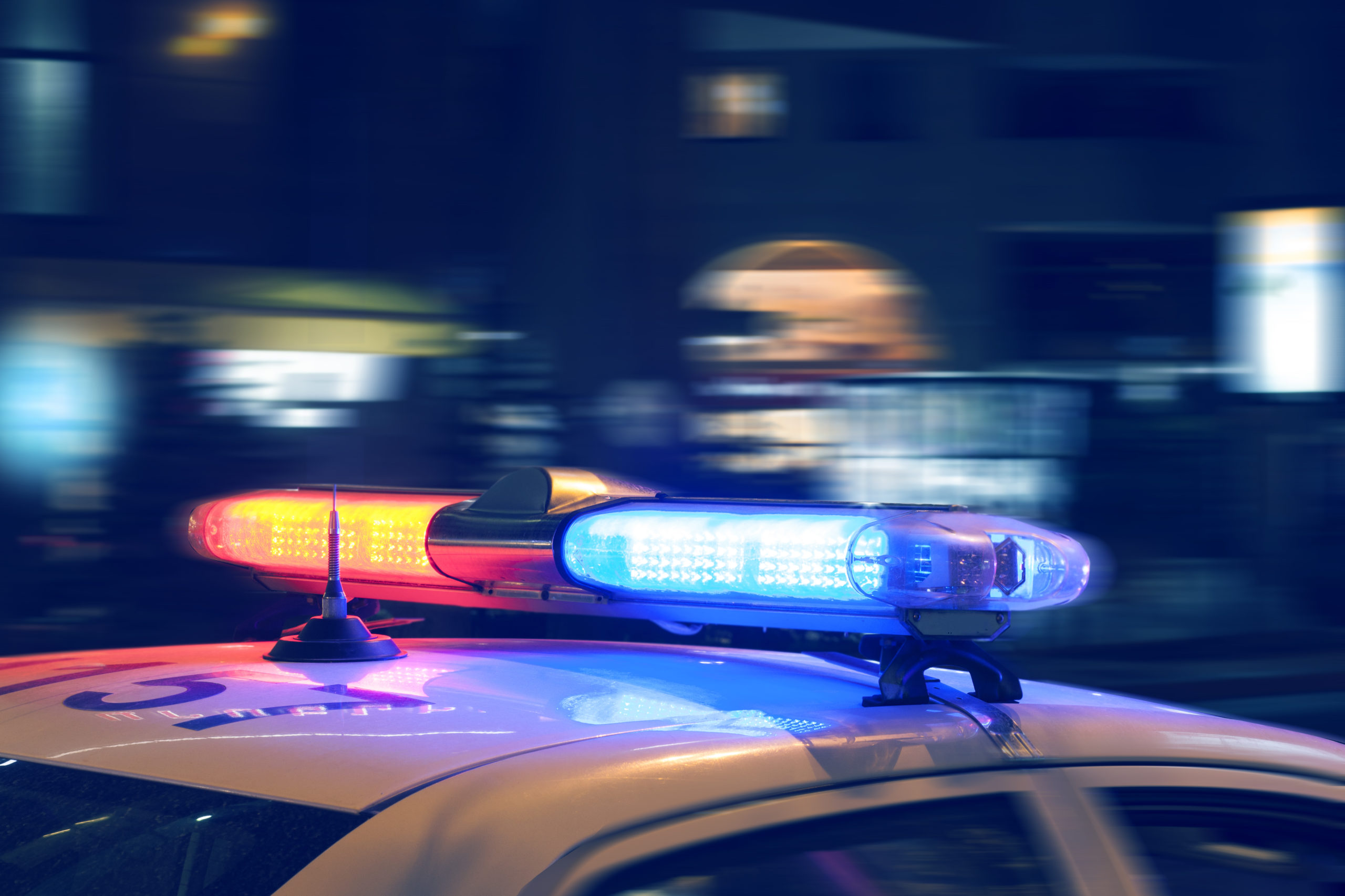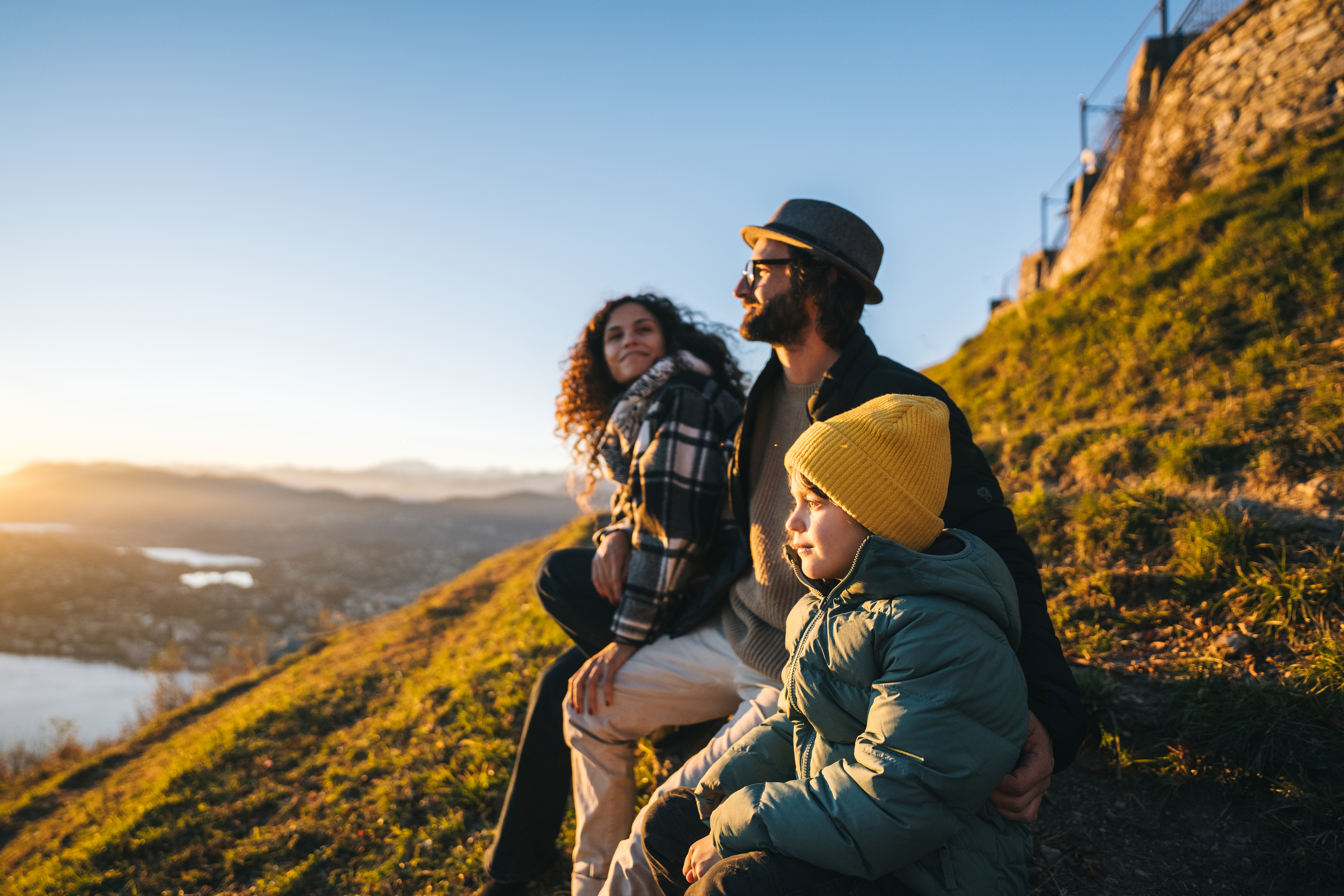By: Margie Coghill
A police officer’s presence at the scene of a motor vehicle accident is necessary and may be crucial to your personal injury and property damage claim. No matter who is at fault, most states require drivers to call the police when an accident causes injuries or property damage to vehicles that exceed the state’s threshold. The aftermath of a car crash can be chaotic, and police officers have been specially trained to help all parties involved and protect the accident scene and accurately record the facts from the parties to the collision and witnesses and surrounding video cameras.
What you should do the first 10 minutes after a collision:
- Stay calm—Control Anger—Assess your injuries and damages
- Call 911 immediately—Always File a police report
- If you are able, ask the other driver(s) if they are injured
- Render aid—if needed and if you are capable
- Safely take photographs of vehicles and collision site
- If it is safe to do, move cars out of traffic if permitted by law enforcement
- If you can, push yourself to a safe position out of the roadway/traffic
- Do not leave the collision scene until the police dismiss you
- Exchange information: names, addresses, phone numbers, insurance policy information and vehicle information
- Get all available witnesses’ names, addresses, phone numbers and email addresses
- Tell the investigating officer about any injury symptoms you are experiencing, even if you decline treatment by Fire & Rescue at the scene or an ambulance to the hospital.
What is a police officer’s role in a car accident case?
- Police Report
After a car accident is reported to the police, officers are responsible for preparing a police report about what happened at the collision scene. An interview will be conducted with the drivers and any witnesses. The interview questions are designed to obtain an accurate account of what occurred. The police report may include a statement about who was at fault in the accident based on the police officer’s professional opinion. It is good to get a copy of the police report to make sure the officer has the correct version of events recorded for accuracy. - Traffic Citations
A police officer’s investigation may include issuing traffic citations. A traffic citation is a notice given by law enforcement that accuses a driver of violating a traffic law, such as disobeying a traffic signal, failure to yield the right-of-way or exceeding the speed limit. A traffic citation may require the accused to appear in court and pay a fine. The traffic citation may be used as evidence toward the negligent driver. - Court Date
The police officer may be asked to come into the courtroom as a witness in your claim in certain cases. Their testimony can be very helpful in supporting and elaborating on the details of the police report, the conditions surrounding the accident scene and the details of the parties involved.
What should you do next after you have finished with the police and investigators?
- Contact an experienced personal injury attorney after a motor vehicle accident if another driver’s negligence injured you. Never give a recorded statement to any insurance company.
- Seek medical attention and treatment at a hospital Emergency Room, an Urgent Care facility of your primary care physician, as needed, to document and receive treatment regarding your injuries.
Conclusion
Calling the police to report a motor vehicle accident is always important to ensure your rights are protected and that your side of the story is told, heard and recorded.








Leave A Comment